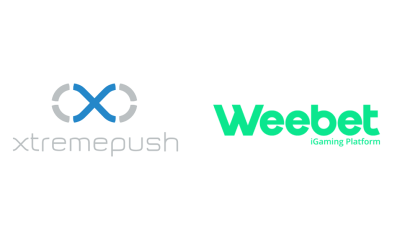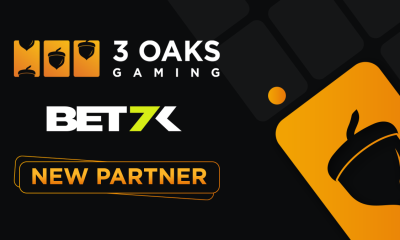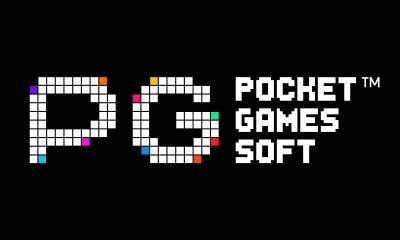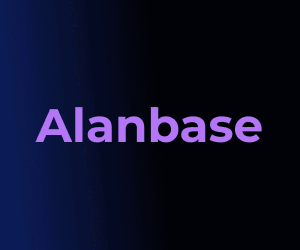Press Releases
PIXBET is the master sponsor of two programs focused on the sports betting market with presentation by tipster Fernando Verchai

PIXBET, a leading company in the sports betting and online gaming segments, is increasingly promoting actions on the national scene, both to increase the visibility of its brand and to collaborate with the strengthening of the Brazilian industry.
Duly recognized as the bookmaker that most sponsors football clubs in the country, PIXBET is also supporting two programs focused on sports betting featuring tipster Fernando Verchai. In different media, the two attractions intend to promote the activity in a responsible, fun and educational way.
The program Pega a Visão is broadcast on the Band in Rio de Janeiro on Sunday mornings. Those who can’t keep up with the TV show can check out the full attraction on Band Rio’s YouTube channel. The premiere took place on July 10 and was attended by guests and lasted 15 minutes.os.
“Initially, we wanted a program talking only about betting. But, we ended up doing Pega a Visão as an introduction to the games, presenting information about teams, absences, lineups and each participant giving their guess about the outcome of the game. And, I invite you to follow the Masterbet on Youtube, where we really bet”, detailed tipster and presenter Fernando Verchai.
With plans to air ‘Pega a Visão’ on national television in the future, Verchai stressed that the content of the two attractions complement each other, so much so that they share the same main sponsor. “PIXBET appears in the middle of the Pega a Visão program because it is the master sponsor and we present the message to the public normally. In Masterbet, we even open the PIXBET screen on the big screen and it’s very clear.
The person clicks on the market, can see the ODDS and bets”, he highlighted. In the words of the tipster, Pega Visão introduces the sports theme and/or event and Masterbet presents the bet itself. Considered the first sports betting reality in Brazil, the Masterbet is recorded at Band’s studios, but shown on its own YouTube channel..
“The Masterbet format is two participants per week. In the first week, one participant wins, in the second week, another participant wins, and in the third, someone else wins. In the fourth and final week, these three winning participants return to see who the grand champion is,” he explained.
In addition, Fernando Verchai made a point of highlighting the importance of relying on the trust of the leader in the sports betting sector in Brazil, PIXBET, in these two projects. “PIXBET is very important, I am very grateful. PIXBET has been sponsoring great clubs like Flamengo, Santos, Vasco, among others and even has Galvão Bueno as a poster boy”.
“So I’m very happy with all this, an excellent house, really big and something that I can bring to the quality viewer. I am talking about a qualified and correct house and I am very happy with the support and for having believed in me and in the programs”, he added.
Cryptocurrency
BitLine Enhances Onboarding Experience in Collaboration with Jumio: Simplified KYC for Casino Patrons

This collaboration emphasizes convenience, security and regulatory compliance
Through the BitLine app, users can seamlessly transact with up to US$10 million in casino chips 24/7
BitLine, a pioneering provider in the integration of digital assets for direct access to casino chips, proudly announces a strategic alliance with Jumio, an industry leader renowned for its comprehensive know-your-customer (KYC) solutions.
This partnership marks a significant milestone as BitLine streamlines its onboarding process for casino patrons, ensuring a seamless and secure journey into the realm of digital asset-based payments for gaming.
The collaboration between BitLine and Jumio signifies a commitment to delivering unparalleled convenience while upholding the highest standards of security and regulatory compliance. By leveraging Jumio’s advanced technology, BitLine reinforces its dedication to building trust among users and offering a frictionless experience for individuals seeking access to casino chips via digital assets.
Richard Jones, the Chief Executive Officer for BitLine by Ibanera, expressed enthusiasm about the partnership, stating: “Trust and compliance are the cornerstones of every successful casino venture. At BitLine, our vision to innovate this industry through digital assets hinges on maintaining trust and adherence to regulations. Our collaboration with Jumio represents a monumental stride towards achieving this vision, ensuring that casino patrons transact securely and confidently through our platform.”
Echoing this sentiment, Robert E Prigge, the Chief Executive Officer for Jumio, commented: “The evolving landscape of digital assets presents endless possibilities and BitLine’s innovative approach has reshaped the casino industry. By eliminating withdrawal limitations and expanding accessibility, BitLine has ushered in a new era of gaming. We are thrilled to contribute to BitLine’s journey by providing essential elements of security and compliance.”
BitLine by Ibanera grants cryptocurrency owners unprecedented access to up to US$10 million in casino chips, 24/7/365, serving as a conduit for liquidity on the casino floor. Through the intuitive BitLine app, casino enthusiasts worldwide can initiate transactions within minutes, leveraging their digital assets to unlock funds effortlessly.
Latest News
Sportradar Names New CFO, Craig Felenstein
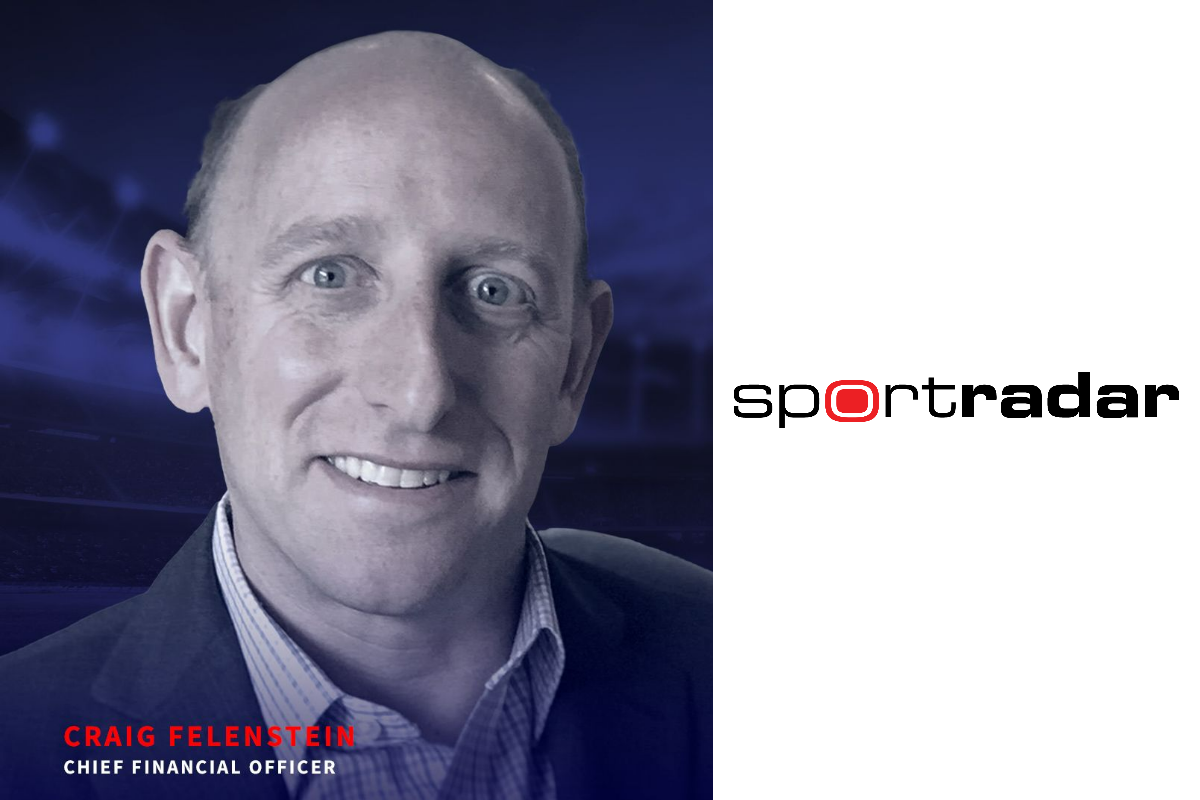
Sportradar Group AG today announced that Craig Felenstein has been named Chief Financial Officer of the Company, effective June 1, 2024. Felenstein joins the Company from Lindblad Expeditions where he most recently served as Chief Financial Officer. He will report directly to Sportradar Chief Executive Officer Carsten Koerl.
Felenstein brings nearly 30 years of senior finance and operating experience for US publicly listed companies across the media, entertainment, experiential and digital content industries to his new position at Sportradar. Most recently, Felenstein served as Chief Financial Officer at Lindblad Expeditions, a global leader in expedition cruises and adventure travel, where he oversaw the company’s global finance organization, as well their corporate development, information technology and human resources functions. In his role as Sportradar’s Chief Financial Officer, Felenstein will lead the company’s global finance, accounting and investor relations functions. Felenstein has a unique blend of financial rigor and operational insight and will partner with the rest of the executive leadership team to advance the company’s key strategic initiatives and grow the business while maintaining strong relationships with the investment community. He will be based in New York.
Carsten Koerl, CEO, Sportradar said: “With Craig’s deep international experience and successful track record building finance organizations as a CFO at US listed public companies, I am confident that he will be a strong addition to our team. His track record of helping drive financial strategy and building shareholder value will be instrumental to our continued success. We want to express our deep gratitude to Ger Griffin for his meaningful contributions to Sportradar during a transformational growth period for our Company.”
Prior to his tenure at Lindblad, Felenstein served as Senior Vice President of Investor Relations and Strategic Finance at Shutterstock where he oversaw all interaction with the investment community while leading the financial planning and analysis and corporate development functions. Prior to Shutterstock, he served in various management roles at Discovery Communications, LLC, including Executive Vice President of Investor Relations. At the same time, he was a member of the executive team for several of Discovery’s businesses including serving as the Chief Financial Officer of Digital, Chief Financial Officer of US Network Revenue and Chief Financial Officer of Animal Planet. Prior to Discovery Communications, he held senior positions at News Corporation, Viacom Inc., and Arthur Andersen & Co.
Felenstein said: “Sportradar has built an impressive leadership position in the rapidly growing global sports technology market and the Company is ideally situated to deliver sustained growth given their strong content portfolio, unmatched product offerings and commitment to industry innovation. I am excited to work with Carsten and the entire Sportradar team, as well as the Board of Directors, to capitalize on the significant growth opportunities ahead and deliver additional value to our clients, partners and shareholders.”
Latest News
Arturo Vidal is the new ambassador of the betting site Estelarbet

Estelarbet, Chile’s leading betting site, is proud to introduce Chilean soccer legend Arturo Vidal as its new brand ambassador. The alliance with Vidal, the Chilean with the most titles in history, marks an important milestone for Estelarbet, as he will exclusively promote its entertaining variety of online casino games, spread responsible gaming and provide an impactful gaming experience. Within the strategic agreement, it was established that the sports betting and online casino will include new branded content activations, face-to-face events and community outreach with the widely known “King”.
Sebastián Salazar, CEO of the brand commented: “It is an honor to welcome a true King of Soccer to the Estelarbet crew. We are excited to have Arturo Vidal associated with the brand. I’m sure his presence will help us generate greater awareness that soccer, sports betting, and online casino are all a form of entertainment, as long as they are done responsibly.”
Estelarbet celebrates the Chilean heritage and the genuine love for online gambling that unites them with the soccer player, both being a real case of success on the national and international playing field. His career, which includes truly stellar moments such as his time in the golden generation, being the two-time champion of America with the Chilean national team, being the Chilean soccer player who won the most consecutive First Division leagues, winning 1 title in all the teams he has played, makes him an inspiring figure and idol of the sport at a national and international level.
Jimena Agudelo, Marketing Manager of Estelarbet said: “Our goal will always be to create exceptional and legendary experiences and who better to represent us than a true star like Arturo. His passion for the game, his dedication and commitment are the perfect reflection of the values we defend at Estelarbet. Without a doubt, he is the best strategic partner we have chosen to represent and increase the visibility of the brand not only in Chile, but also in Latin America.”
This partnership will undoubtedly enhance the entertainment, betting and gaming experience for the brand’s customers and provide them with unparalleled content with the fastest payouts in the sector.
Karla Porto, Influencer Manager says: “Estelarbet’s partnership with Arturo Vidal, is a bet on the great visibility and recognition he has worldwide. With more than 20 million followers on his Instagram account, he has a broad base, which translates into a massive platform to promote the brand, reaching a diverse audience passionate about soccer and sports in general. This will undoubtedly boost Estelarbet’s visibility regionally and attract new users interested in sports betting.”
With Arturo Vidal as the brand’s star, Estelarbet continues to reaffirm its commitment to offer an extraordinary, exciting and safe gaming experience for all users of the platform in Latam.
-

 Latest News3 days ago
Latest News3 days agoXpoint Launches Groundbreaking New Capability to Reduce Geolocation Costs for Operators
-

 Latest News7 days ago
Latest News7 days agoOdditt Appoints Elaine Milardo as its New Chief Technology Officer
-

 Latest News7 days ago
Latest News7 days agoBroadcast Legend Mike Francesa Renews Exclusive Partnership with BetRivers
-

 Latest News4 days ago
Latest News4 days agoFBMDS, Planet Invest and EverPlay Score a Fantastic Goal in a Revolutionary Partnership Involving Ronaldinho Gaucho
-

 Latest News7 days ago
Latest News7 days agoLow6 partners with Choctaw Casinos & Resorts to deliver new interactive game
-
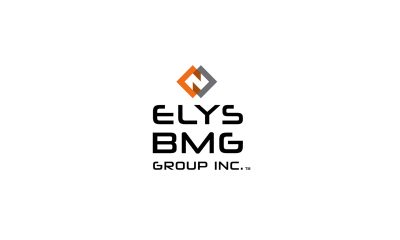
 Compliance Updates7 days ago
Compliance Updates7 days agoElys BMG Group Announces Approval for The Ugly Mug Sportsbook in Washington, DC.
-

 Latest News7 days ago
Latest News7 days agoPlaza Hotel & Casino to celebrate summer with Friday night fireworks
-

 Latest News7 days ago
Latest News7 days agoScientific Games Commemorates Official Ribbon-cutting for Advanced Instant Scratch Game Production Technology at Global Headquarters






